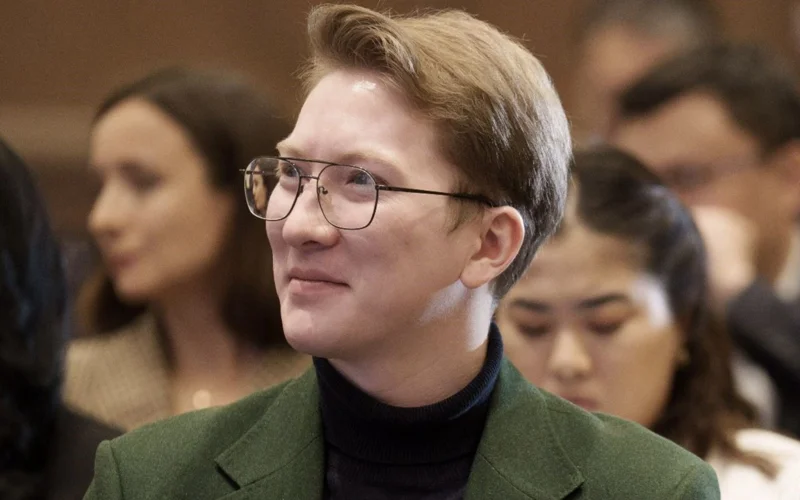Kazakhstan’s middle-power diplomacy: Rethinking global governance
As the global order undergoes systemic transformation, the role of so-called middle powers—states that fall between great powers and smaller nations—is gaining renewed significance. According to Amirlan Nurgazin, Research Fellow at the Center for Empirical Social Research (CESaR) at MNU, such states are increasingly positioned to influence reforms in international institutions and balance the interests of the world’s leading powers, Kazinform News Agency reports.

Nurgazin notes that middle powers have unique opportunities in times of systemic change. “They are able to act as independent players that articulate their own interests, rather than merely aligning with the preferences of dominant powers,” he explains.
Coordination among these states, he argues, is becoming a critical factor in global geopolitics. “Collective action allows middle powers to form alternative coalitions and provide counterweights to the dominant influence of major players.” Beyond counterbalancing, these states also hold potential as mediators. Their relative independence from rigid bloc politics enables them to promote compromise-based solutions, particularly in the debate over reforming international institutions.
On the question of Kazakhstan’s proposals for reforming the United Nations, Nurgazin points out that they are receiving increasing international attention. “Kazakhstan’s growing authority in international relations, combined with the diplomatic experience of President Kassym-Jomart Tokayev, creates favorable conditions for advancing reformist ideas,” he observes.
President Tokayev’s long career at the UN gives him deep insight into the organization’s functioning, strengthening the credibility of Kazakhstan’s proposals. While the dominance of major powers in decision-making remains a structural constraint, the global push for greater legitimacy in UN reforms opens space for middle powers like Kazakhstan to make a substantive contribution.
Nurgazin emphasizes that Kazakhstan is steadily building its reputation as an active middle power capable of influencing the global agenda. The president’s initiatives play a central role in this process, but they are reinforced by the country’s broader achievements: industrial modernization, economic resilience, growth of the technology and IT startup sectors, and stronger civic engagement. “Over three decades of independence, Kazakhstan has developed a professional cadre that successfully represents the country internationally, enhancing its perceived competence as a state actor,” he says. In this context, presidential diplomacy functions as a coordinating instrument, aggregating national achievements and projecting them on the international stage.
Looking ahead, Nurgazin argues that meaningful UN reform is indispensable if the organization is to remain relevant in preventing wars and resolving armed conflicts. The most urgent challenge, he believes, is the reform of the Security Council, both through limiting the scope of the veto power and expanding the body’s membership to reflect a more diverse set of states. Equally important is the strengthening of diplomatic mechanisms for conflict resolution.
He also stresses the need to shift the emphasis away from expensive peacekeeping operations toward institutional mechanisms of peaceful settlement. “Such structural changes would enable the UN to use its limited resources more effectively while ensuring more sustainable results in global peace and security,” Nurgazin concludes.
Earlier, President Kassym-Jomart Tokayev, in his address, argued that a truly renewed United Nations must ensure fairer representation of different regions of the world, particularly those underrepresented in current structures.
